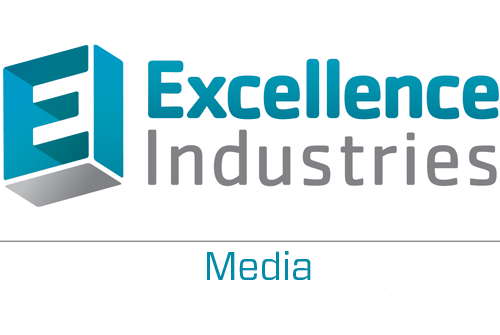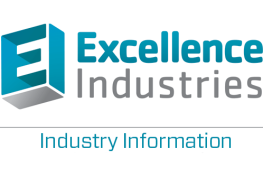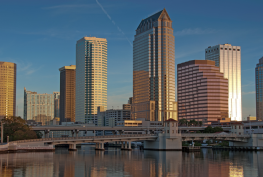Success That Made the Press.
Dreyer’s Goes Green with Gusto!
Sustainability efforts throughout the company are only contributing to a sustainable planet for our children but also cutting costs while doing good. Operations, distribution, and sales facilities, and the Oakland headquarters together have achieved the following results:
Operations
Ft. Wayne is recycling its corrugated boxes, which has eliminated 70 tons of corrugate in landfill, and other efforts have saved an additional 100 tons of landfill waste.
The Laurel plant is training its frontliners on how to reduce waste water and waste solids going down the drain and to the landfill, saving pH balancing and county surge costs for treating wastewater.
Tulare successfully reduced natural gas and consumption and set an example for the other plants when the plant installed a new system to capture heat from the air compressors that is uses o pre-heat water for the boiler.
Bakersfield is continuing to reduce the amount of waste sent to the landfill by recycling everything they can, including metal trailer ties, plastic end caps that come on wrap rolls and wood items. Last year these efforts resulted in a 33% reduction in the amount of waste sent to the landfill. That is more than 500 tons!
Studies have also been done that will lead to cost savings in the future. An in-depth analysis of the refrigeration system at Laurel will lead to specific action items to improve cooling efficiencies and reduce electric costs while the Bakersfield plant is working to reduce water consumption in the cleaning process, which, when implemented, could provide up to a 7% reduction in water use.
Freight
Freight utilization improved 10% over last year with 695,000 miles eliminated which is the equivalent of 1,012 metric tons of CO2 “Supersize Loads” are a key to reducing the total number of trucks and freight spending by $1 million in 2009. This is done by top stacking pallets with loose cases to achieve maximum weight capacity on trucks and adding partial pallets to meet target weight out.
Leveraging a Nestle technology called APAL which creates load distribution plans and loading schematics, we can fully maximize the weight of a trailer, while maintaining even weight distribution over our trailer axels. We’ve also reduced the empty miles on our fleet by overlaying opportunities to backhaul freight with other Nestle brands in the U.S.
DSD
Road Net technology lets us dynamically plan daily order volume for our 900 DSD routes nationally to help reduce empty miles and fully utilize our assets. Scan Based Trading initiatives enable us to deliver 24/7 with day and night routes, thereby doubly utilizing our trucks and reducing the number requires for deliveries. A new small-format route truck has also been introduced that self-generates electricity to the refrigeration unit, reducing the reliance on diesel fuel for power refrigeration.
And it doesn’t stop there. The Dreyer’s corporate office and many field offices have moved to segregated trash and recycling programs, cutting landfill waste generated by greater than half. Offices have also been upgraded to sensor switching which illuminates the room only when it is occupied, and common fluorescent light bulbs were replaced by high-efficiency T5 and T8 fluorescent. Freezers have been eliminated in many cross-dock facilities across the country and replaced with small Satellite freezers, reducing utility consumption at the facility as well as the environmental risk.
Blue Boxes Going Green
The freezer isn’t actually changing color but a new partnership with Excellence Environmental Company (ECCO) has changed the way we recycle our freezers to a more ecologically-friendly method. The new green retirement program recycles more than 90% of the freezer’s materials, making this a win-win for landfills everywhere. ECCO ensures that EPA guidelines are followed, and each unit is tracked by serial number from the beginning until the end of the process.







No Comments